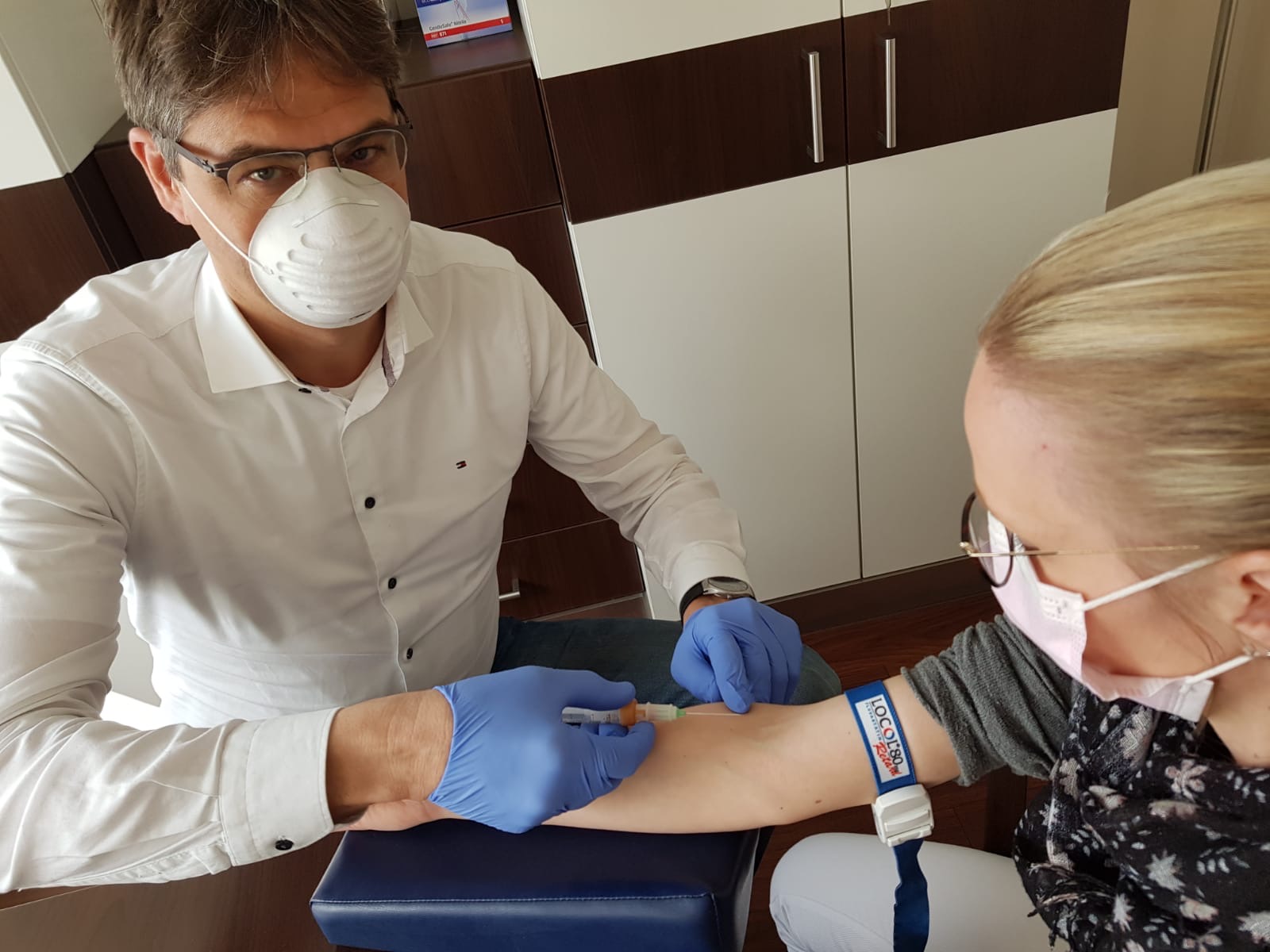
Only strong European cooperation will guarantee availability of vaccines and drugs against corona
- Details
European Medicines Agency shortens approval procedures to a maximum/ The EU must speak "the language of power" in distribution
"We need maximum European cooperation to make a vaccine and/or drug against Covid-19 available as soon as possible." This said MEP Peter Liese, EPP spokesperson for health. "Europe plays a key role both in research and development and in approval and production. All vaccines have to be tested seriously before they are approved for Europe by the European Medicines Agency. That is why it is extremely important that the European Medicines Agency advises companies and shortens the approval procedures to a maximum. However, this must not be at the expense of safety. All vaccines authorised in Europe are safe and this must also apply to a vaccine against corona. An attitude such as that of Donald Trump, who suggested injecting people with disinfectants if in doubt, would be dangerous. That is why I very much welcome the European Medicines Agency's approach: to act quickly but thoroughly. Once a medicine or a vaccine is available, Europe, to use Ursula von der Leyens words, must also speak the language of power.
Solidarity also for patients in the UK
- Details
European Parliament adopts resolution / Peter Liese: citizens should not suffer from wrong decisions of their government
The European Parliament will adopt a resolution on the common response to the corona virus crisis on Friday. Even though only few MEPs are in the plenary in Brussels, all of them can vote by remote systems from their home office. The draft resolution is supported by the four pro-European groups (EPP, S&D, Renew and Greens). One of the main elements of the resolution is that MEPs ask for solidarity to help the patients. When the health system of one particular member state is overloaded, patients should also be treated abroad. This is already happening with French patients in Luxemburg, Italian patients in Austria, and Italian, French and Dutch patients in Germany.
Hundreds of thousands of additional death or millions of additional unemployed- Is that really the only choice?
- Details
Peter Liese promotes the Corona App / Compatibility with European data protection standards guaranteed
"We have to avoid hundreds of thousands of additional death through the corona crisis and at the same time avoid additional millions of unemployed in the Europe Union. That is why the use of modern technology in line with the European data protection standards is crucial", said MEP Peter Liese, spokesperson for health of biggest political group in The Europe Parliament (EPP - Christian Democrats). We are still seeing several thousands of people dying from the corona virus every day in Europe. While the figures are going down in many countries like Spain, Italy and Germany there are still critical developments for example in the UK where almost 900 people died in the last 24 hours. I am also very concerned about countries like Romania where we don´t have enough information on how the virus really spreads. At the same time, millions of people are suffering from the economic consequences of the lockdown. I fully understand the wish to go back to normal life. This is not only an economic question, but I also understand that many people are suffering psychologically. We have a risk of for example children loosing track when they do not go to school and of domestic violence. That is why we need to do everything to overcome the lockdown. However, I am very pessimistic that we can ease the lockdown significantly without putting the lives of ten thousand people at risk. That is why I am really convinced that we need to use modern technology like the corona-app. The nature of the disease is that many, many people transmit an infection without showing any symptoms. With our traditional methodology, identifying contact persons and trying to inform them in the traditional way we can just not control the disease. That is why an app that warns everyone that had a risky contact with an infected person is indispensable. Scientists that have been united in the European Privacy-Preserving Proximity Tracing (PEPP-PT) initiative consortium European wide have developed a technology that is completely in line with the European data protection provisions. That is why I encourage member states to establish the app which must of course be compatible with other apps in other European countries and I encourage citizens to use it”, said Peter Liese.
Smoking makes coronavirus even more dangerous
- Details
Study confirms correlation
"Anyone who is still smoking these days should stop immediately," said the health spokesperson for the largest group in the European Parliament (EPP, Christian Democrats), Dr. med. Peter Liese. For weeks now, the doctor has been drawing attention to the correlation between smoking and a possibly severe course of corona disease. Now Liese's fears have been supported in a study published in the "European Respiratory Journal": "There are many indications that smoking is one of the major risk factors for being much more severely affected by the corona virus that could even lead to death".


